According to the newly adopted Norwegian Transparency Act business shall carry out human rights due diligence and caste-base discrimination is a neglected area in risk assessment of Asian supply chains. The Covid-19 pandemic has dramatically aggravated living conditions for poor workers globally. Dalit women in particular suffer multiple discrimination at the intersection of caste and gender discrimination, including as targets of sexual violence and forced prostitution.
Caste discrimination affects an estimated 260 million people worldwide, the vast majority living in South Asia. It involves massive violations of civil, political, economic, social and cultural rights. Caste systems divide people into unequal and hierarchical social groups. Those at the bottom are considered ‘lesser human beings’, ‘impure’ and ‘polluting’ to other caste groups.
How can business raise awareness of Dalit issues and implement suitable measures to cease, mitigate and prevent violation of Dalits’ basic human rights?
The Norwegian Transparency Act, Duties and methodology, Heidi Furustøl, Executive Director Ethical Trade Norway and member of Ethics committee who drafted the Transparency Act proposal, Save lives by preventing caste-discrimination, Meena Varma, Executive Director IDSN International Dalit Solidarity Network.
Program:
08.45-09.00 welcome, Transparency act: risk assessment and measures by Heidi
09.00-09.25 , Save lives by preventing caste-discrimination, 6 steps, by Meena
09.25-40 questions, conversation,
09.40-09.45 wrap up, by Heidi
The event is free. Welcome to follow the event in our office in Hausmannsgate 19 or follow the event as a webinar. You will receive a link before the meeting starts.

